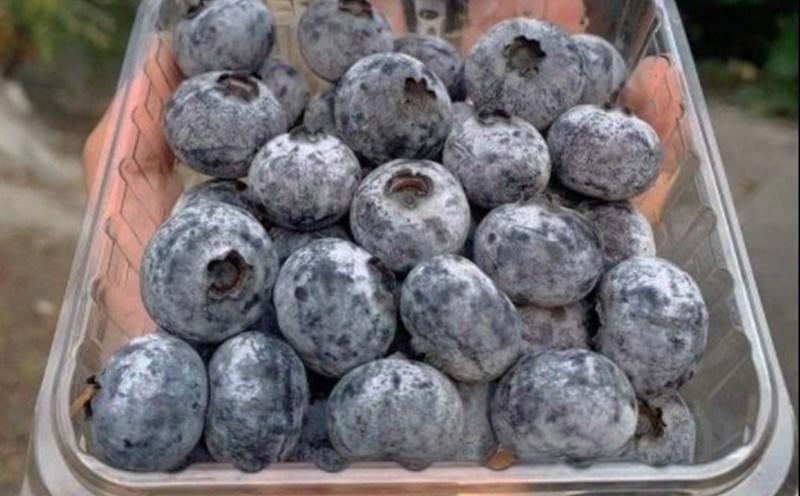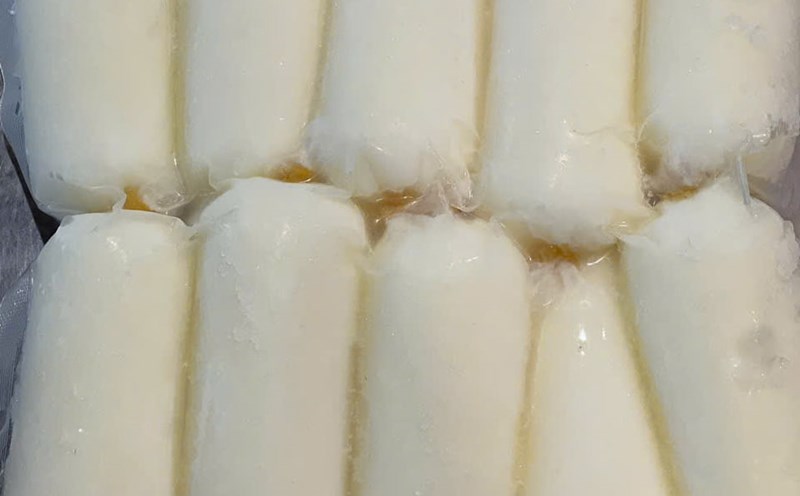Recently, many modern studies have confirmed this effect, and at the same time shown that combining these two ingredients properly is not only good for the liver but also supports the boost of the immune system, reduces inflammation and supports lipid metabolism in the liver, a key factor in preventing fatty liver and chronic hepatitis.
Oysters are one of the seafood rich in zinc, selenium, vitamin B12 and taurine, all of which are essential nutrients for healthy liver function.
According to a report from the National Institutes of Health, zinc plays a catalytic role in more than 300 enzyme reactions, including liver detoxification enzymes such as catalase, superoxide dismutase.
A study published in the World Journal of Hepatology showed that: people with a diet rich in organic zinc from seafood such as oysters with liver enzymes (ALT, AST) are lower and have a more stable liver fat index than the group that consumes less zinc.
Taurine in oysters also has the effect of fighting liver cell inflammation and regulating bile acid metabolism, thereby reducing the burden on the liver during the detoxification process.
Rosemary belongs to the cruciferous vegetable group, contains a lot of glucosinolate, when entering the body, it will be converted into sulforaphane - an active ingredient that has been shown to activate the enzyme detoxification phase II in the liver, helping to eliminate water-soluble and fat-soluble toxins more effectively.
People who eat cruciferous vegetables 3-4 times a week have a significantly higher concentration of GST (glutathione S-transferase) enzyme - a liver detoxification enzyme - than those who eat less vegetables.
When cooking soup with these two ingredients, nutrients are released in easily absorbed form, helping to increase the ability to detoxify liver cells during hot days or when eating a lot of protein and fat.
After 4 weeks of eating cabbage oyster soup 2-3 times a week, participants had slight improvements in liver enzymes AST and ALT and a decrease in CRP inflammation index, especially in people with early signs of fatty liver.
Rosemary oyster soup is also rich in water, electrolytes and low in calories, suitable for supplementing for dinner or hot weather days, helping to cool the body without causing bloating or increasing blood sugar.
How to cook mustard oyster soup to retain nutrients
Ingredients:
Fresh oysters: 300g (cleaned, peeled)
Cranberries: 200g (cut into bite-sized pieces)
Fresh ginger: 2 thin slices
Green onions, sea salt, black pepper are all good
How to cook:
Boil water with a few slices of ginger to remove the fishy smell.
Add the mustard to the soft cons for 5-7 minutes.
Add the oysters, boil for another 2-3 minutes, season with light salt, do not use sweetener to preserve natural sweetness.
Sprinkle with pepper and green onions when the stove is turned off.
Note: Not cooking oysters for too long will lose taurine and reduce zinc absorption.











